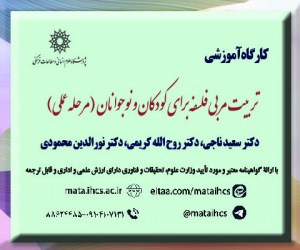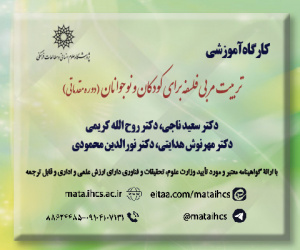رویکرد بازیگران مؤثر در افغانستان؛ چالشی در برابر مذاکرات صلح با طالبان (مقاله علمی وزارت علوم)
درجه علمی: نشریه علمی (وزارت علوم)
آرشیو
چکیده
با ورود به دهه دوم جنگ و حضور نیروهای خارجی در افغانستان پس از اکتبر 2001، دو طیف منازعه در افغانستان به این برداشت رسیده اند که تداوم روند نظامی در این کشور بی فایده خواهد بود و جنگ افغانستان نمی تواند یک پیروز نهایی داشته باشد. لذا نیروهای خارجی به انحای مختلف علاقه خود به انتقال روندها از فاز نظامی به فاز سیاسی و مذاکره را ابراز داشته اند. اما در حقیقت، نتایج روند سیاسی نه تنها توسط نیروهای افراط از یک سو و دولت کابل در کنار نیروهای خارجی از سوی دیگر، تعیین نخواهد شد بلکه رویکرد دیگر بازیگران منطقه ای به خصوص ایران، پاکستان، هند، روسیه و چین تعیین کننده خواهد بود. افزایش تعداد بازیگران فرامنطقه ای و پیگیری رویکردهای مختلف، مانعی جدی در روند مذاکرات صلح افغانستان تلقی می گردد. در این مقاله تلاش می شود ضمن توجه به پیشینه مذاکرات صلح در افغانستان، رویکرد بازیگران مختلف در مذاکرات صلح، همچنین تضاد و تضارب آرای مختلف در این عرصه تبیین گردد. فرضیه این مقاله آن است که به رغم برجسته شدن نیاز به مذاکره در بین بازیگران اصلی درگیر در افغانستان، رویکردهای متفاوت و غیرسازنده بازیگران مختلف داخلی و خارجی در این کشور مانعی جدی برای مذاکرات صلح افغانستان محسوب می گردد.The Approach of Key Players in Afghanistan: Challenges against Peace Talks with Taliban
Entering the second decade of the Afghan war and presence of foreign troops in Afghanistan, the two sides in Afghan conflict found out that continuation of military approach will be useless and without a winner. Therefore, the foreign players have expressed their will for a trend shift from military to political through negotiation. But the results of the political process are not only in the hand of radical elements and the government in Kabul tied with foreign troops. The approach of regional players and in particular Iran, India, Pakistan, Russia and China is of great importance. Increasing the number of trans-regional players involved and their different approaches is an important obstacle for the process of peace-making in Afghanistan.
The present article, reviewing the history of peace talks in Afghanistan, will explain the approaches of the key players involved. The author would assume that despite the fact that domestic players in Afghanistan have reached to necessity of negotiation, diverse and conflicting approaches of other actors play an important role to halt these talks.



